Multi-Omics Platform
Mass spectrometry-based high-throughput technologies and their derived multi-omics fields are widely applied in biology and medicine. These technologies analyze the substances that enable life functions, capture dynamic biological phenotypes, and reveal the regulatory mechanisms of small molecule metabolites.
1. Proteomics
Research Focus: Proteome profiling (expression levels, post-translational modifications, interaction networks, etc.)
Instruments: LC-MS Exploris 480 orbitrap
1.1 Technical Methods:
Mass Spectrometry Technology: High-throughput, high-resolution liquid chromatography-mass spectrometry (LC-MS/MS): Label-free, TMT/iTRAQ labeling for protein identification and quantification.
1.1 Technical Support:
Targeted Proteomics: Precise quantification of specific proteins using Orbitrap or Triple Quadrupole (MRM/PRM).
Post-translational Modifications (PTM) Proteomics: Custom services for phosphorylation and glycosylation analysis, acetylation, Amber modification.
Protein-Protein Interaction Networks: Co-IP combined with mass spectrometry.
Macroproteome:Microbial proteome profiling
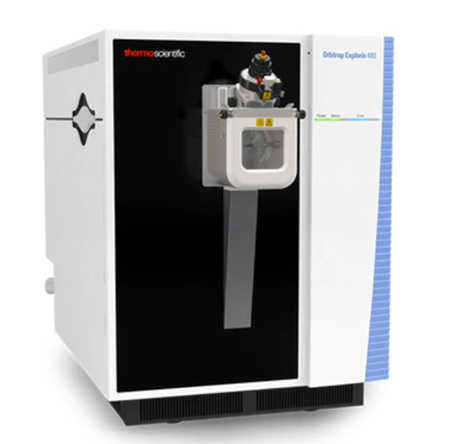
1.2 Platform Workflow
Sample Preparation: Protein extraction, digestion (trypsin digestion), peptide purification.
Separation Techniques: SDS-PAGE, HPLC, Nano-Liquid Chromatography (NanoLC).
Data Analysis:
Quantification Tools: PD, Spectronaut, Spectrodive.
1.3 Application Areas
Disease Research: Early diagnosis, biomarker screening, disease mapping, monitoring disease progression.
Drug Development: Target validation, drug toxicity assessment.
Basic Biology: Exploration of key molecules in pathological mechanisms, cell signaling pathway analysis, protein interaction network construction.
Protein Modification Research: Focus on post-translational modifications of proteins, such as phosphorylation, acetylation, etc. These modifications may affect protein function and the physiological state of cells, and are closely related to the occurrence and development of diseases.
Microbial Pathogenesis: Study the changes in protein expression during the interaction between pathogenic microorganisms and the host, revealing the pathogenic mechanisms and providing targets for anti-infection therapies.
2. Metabolomics Platform
Research Focus: Small molecule metabolites (<1500 Da) in the organism, such as amino acids, lipids, organic acids, etc.
Instruments: ABSCIEX 6500
2.1 Technical Methods
Mass Spectrometry Techniques: LC-MS, covering both polar/non-polar metabolites (e.g., Triple Quad, Orbitrap).
Technical Support:
Broad-Spectrum Metabolomics (LC/GC-MS)
Targeted Metabolomics: Precise quantification using Triple Quadrupole Mass Spectrometry (QTRAP)
Drug Concentration Measurement and Method Development
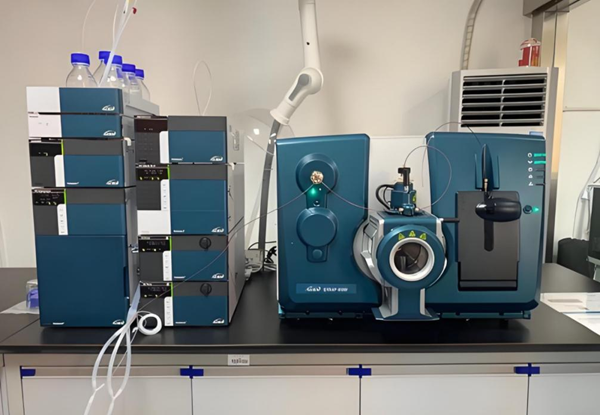
2.2 Platform Workflow
Sample Preparation: Sample preparation involves organic reagent-based metabolite extraction, with liquid-liquid extraction (LLE) used for lipid-soluble metabolites (e.g., lipids), employing a chloroform-methanol mixed solvent for phase separation. Solid-phase extraction (SPE) is applied to target specific metabolites (e.g., polar/non-polar molecules), selecting different adsorbents (such as C18, HLB, etc.). The samples are then dried and reconstituted.
Separation Techniques: Liquid Chromatography (LC-MS)
Data Analysis:
Compound Discoverer (Thermo Fisher) Sciex OS (ABSciex)
Progenesis QI (Waters) and Progenesis QIP (Waters)
Non-targeted metabolomics full-process analysis (from raw data to pathway annotation):
Compound Discoverer (Thermo Fisher) and Sciex OS (ABSciex), seamlessly integrated with Orbitrap mass spectrometry, supporting metabolite structure prediction.
Progenesis QI (Waters), for LC/MS and GC/MS data alignment, normalization, and annotation.
2.3. Application Areas
Disease Mechanism Research: Key pathogenic small molecules in metabolic diseases, drug target discovery.
Pharmacokinetics: Tracking the dynamic changes of drugs and their metabolites.
Microbial Metabolite Research: The metabolic products of microorganisms under different cultivation conditions are comprehensively analyzed, providing guidance for microbial fermentation in the production of drugs, food additives, and other applications.
Microbe-Host Interaction Research: The metabolic interactions between microorganisms and hosts are studied, revealing the metabolic mechanisms underlying symbiotic, pathogenic, and other relationships.
Microbial Community Structure and Function Research: The metabolic characteristics of microbial communities are analyzed through metabolomics to understand the metabolic cooperation between different microorganisms in the community, providing a basis for the regulation and application of microbial communities.




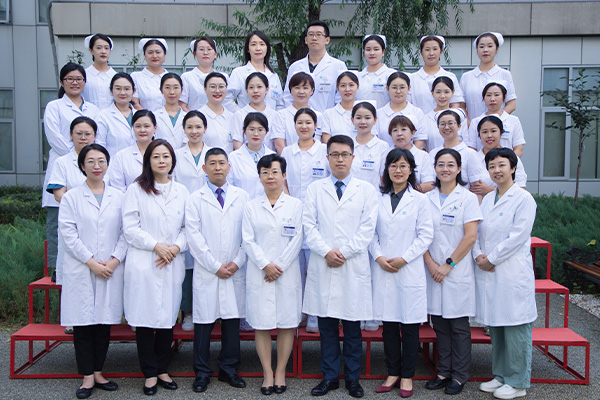
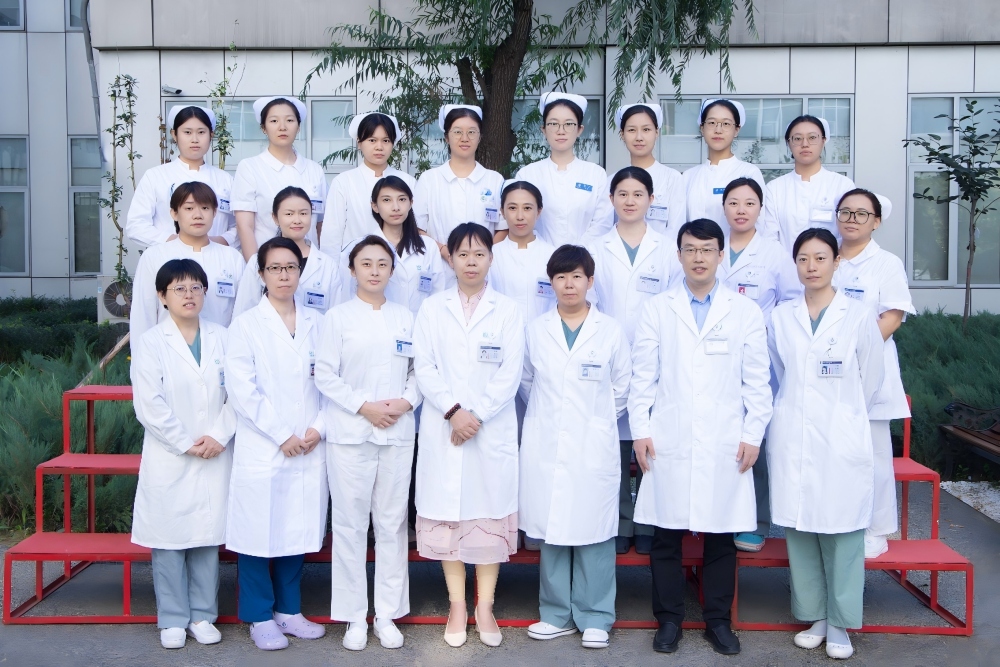
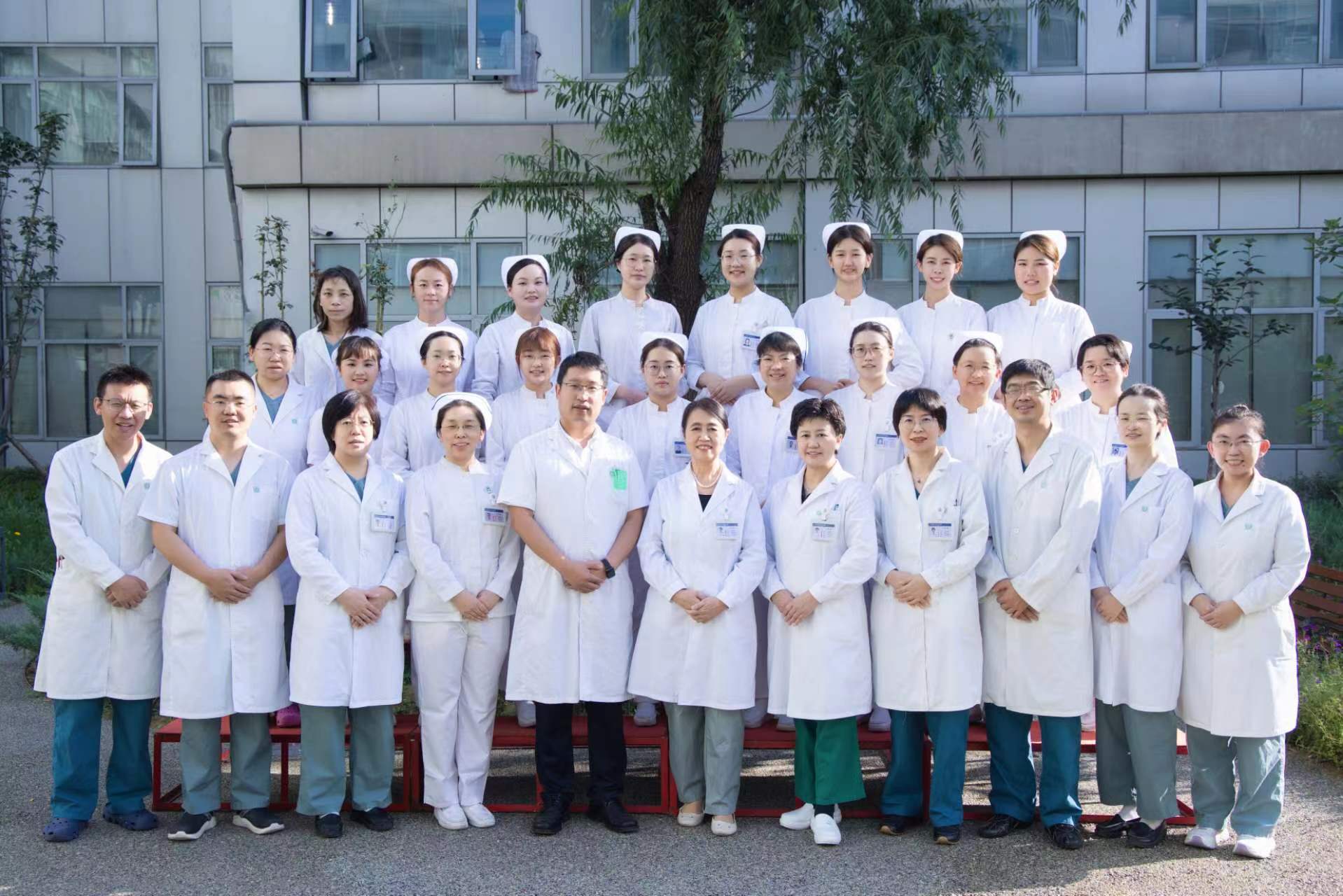
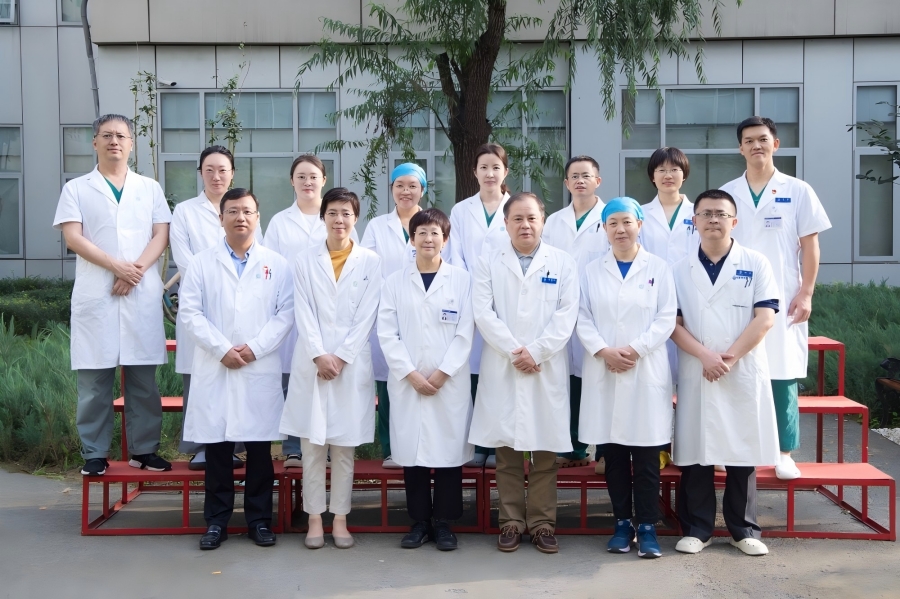
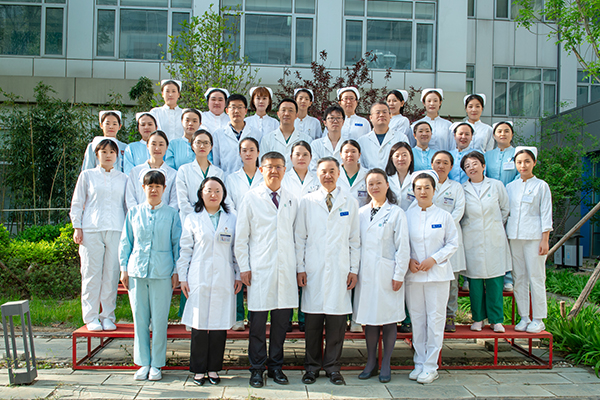
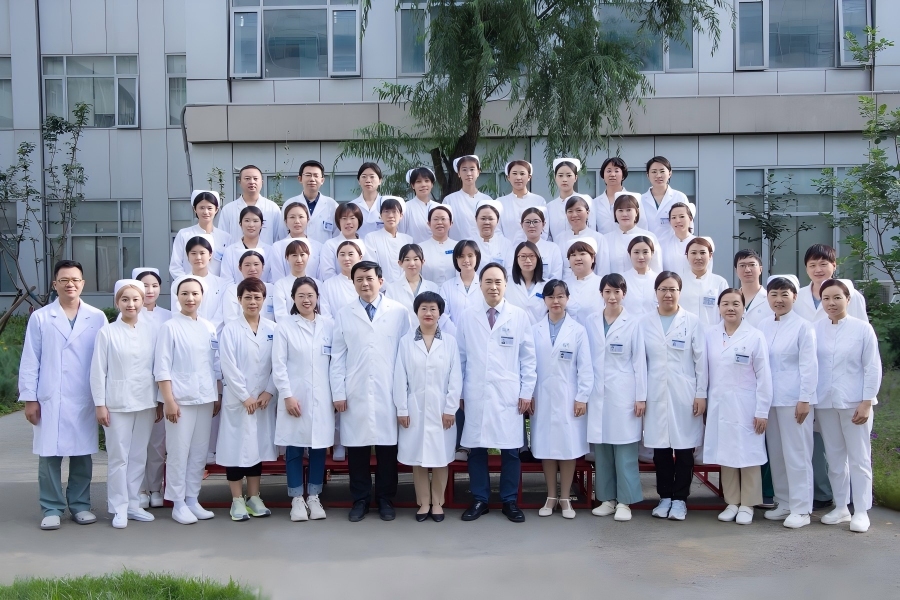
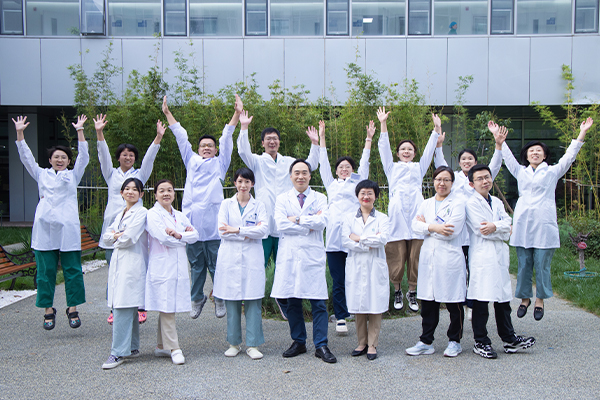
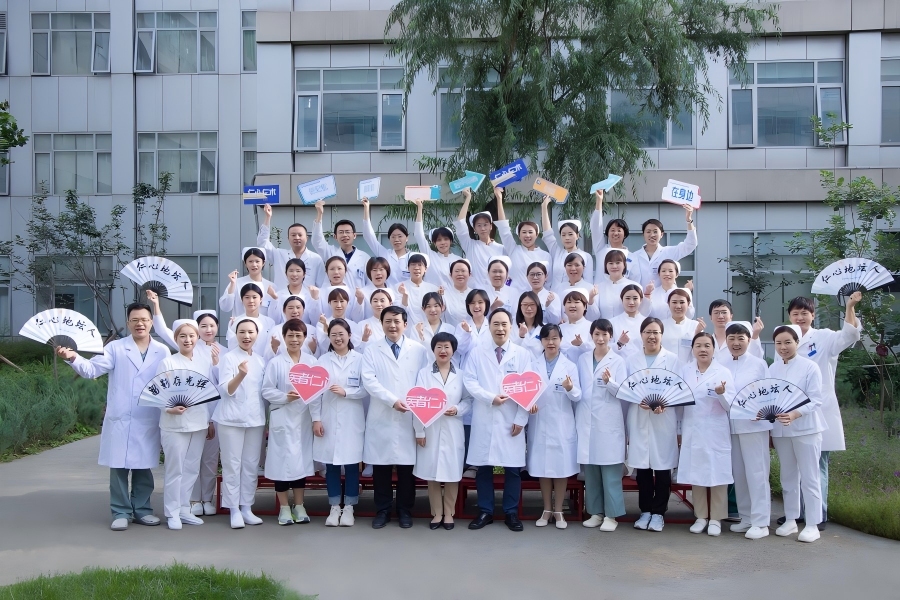
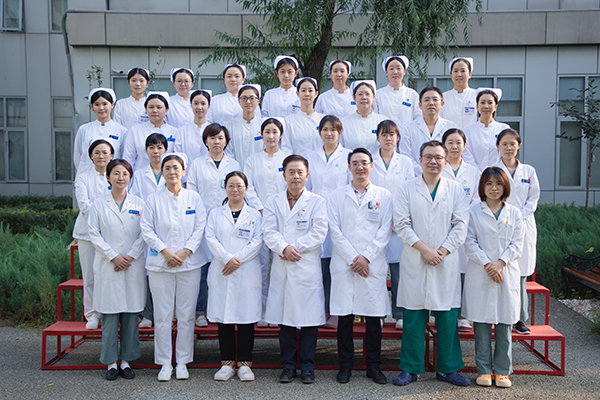
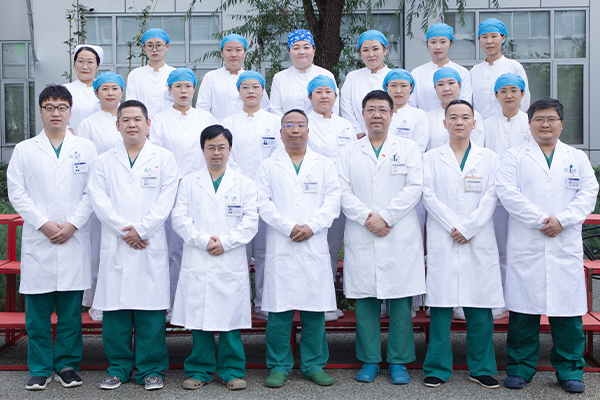
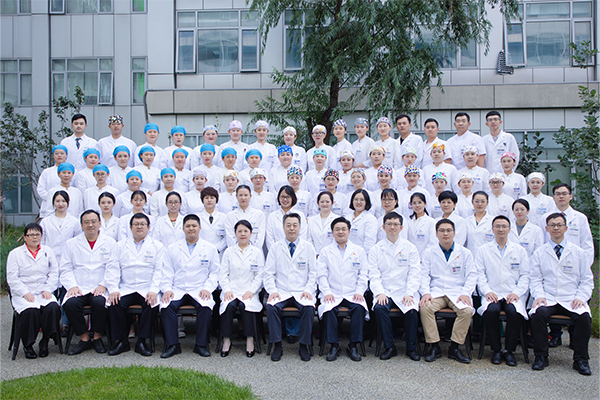
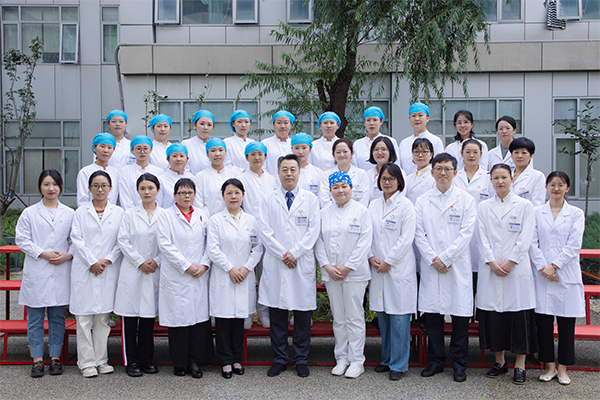
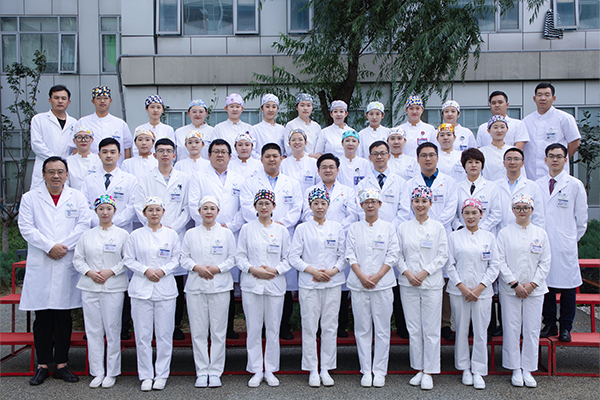
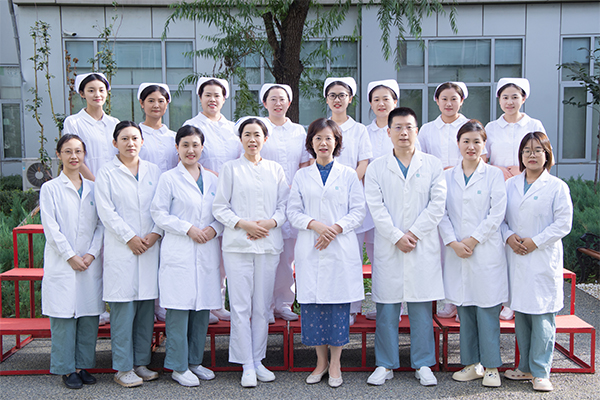

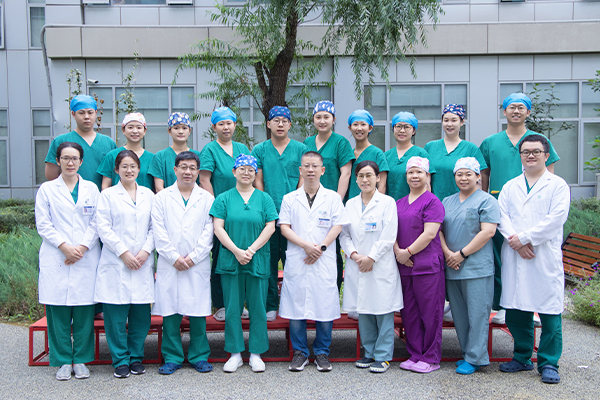
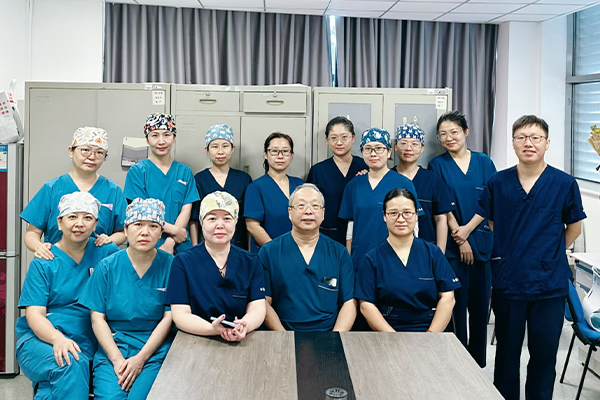

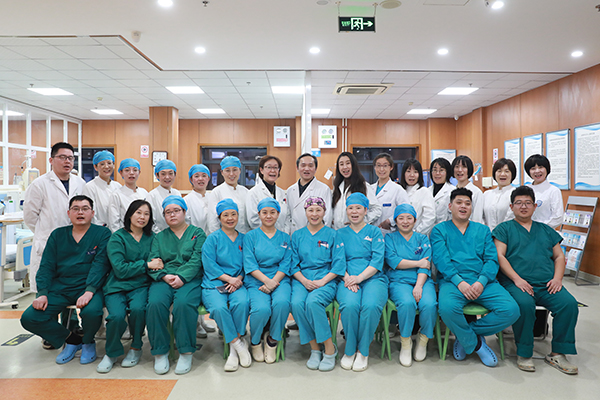
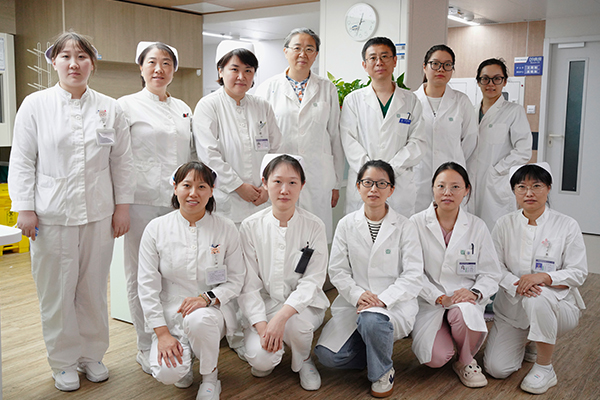
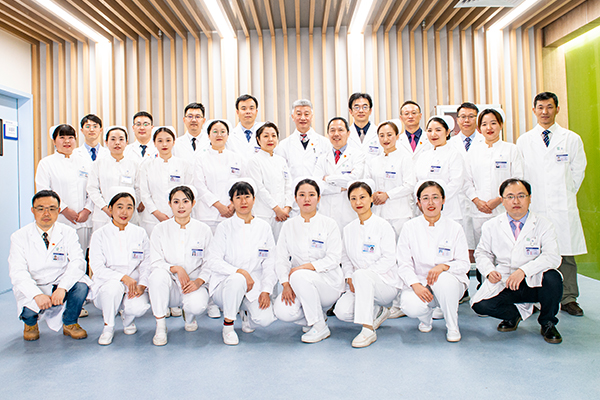
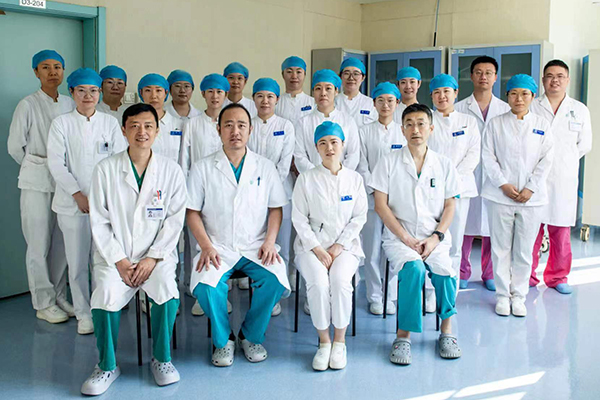
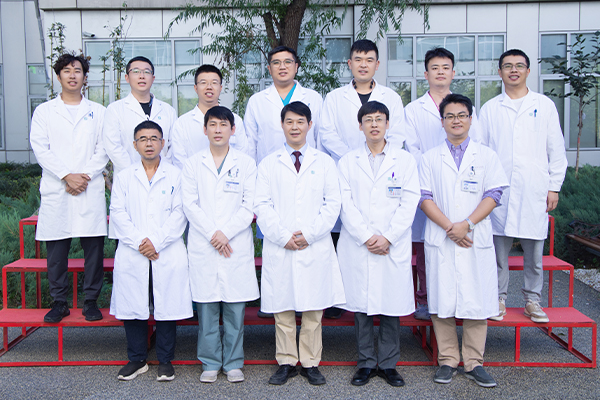
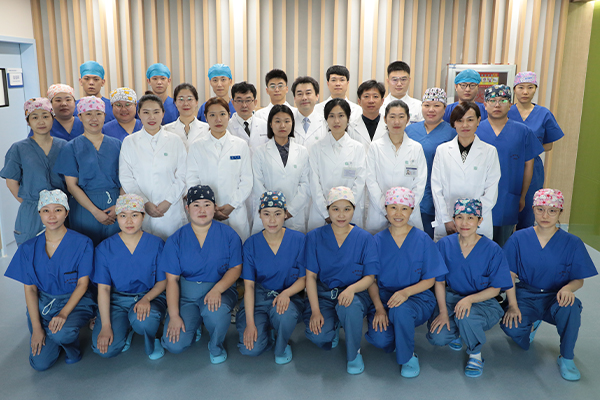
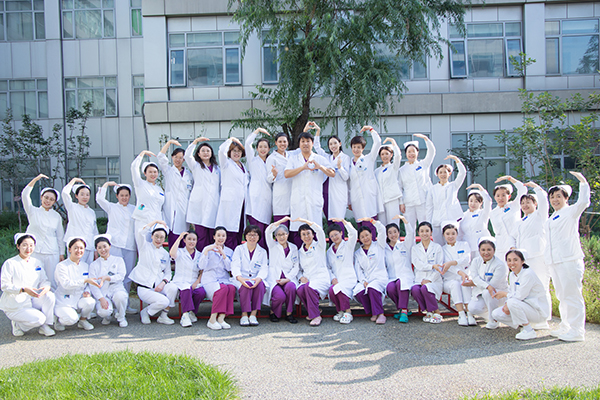
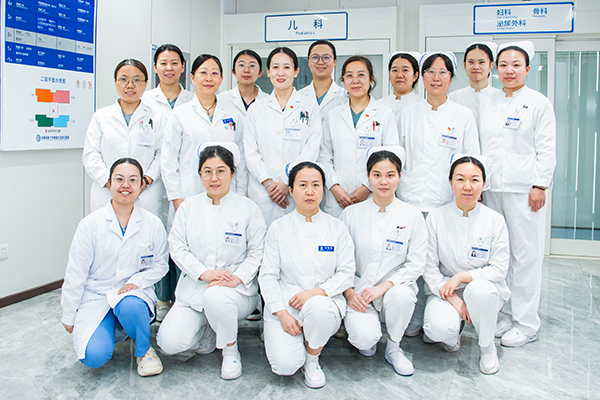
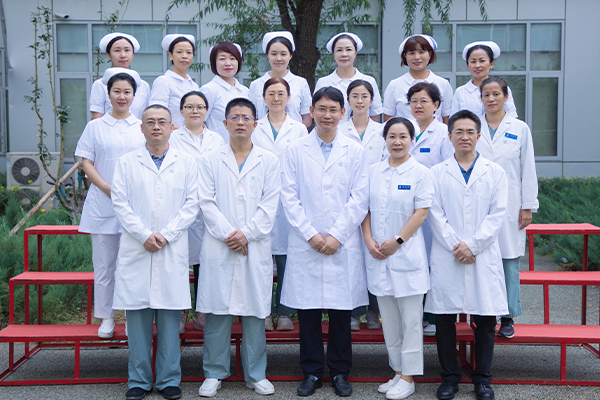
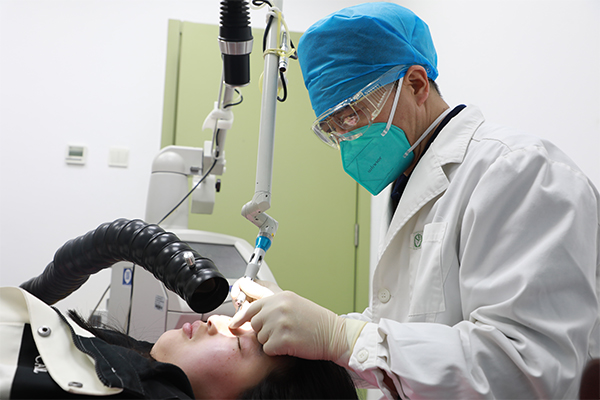
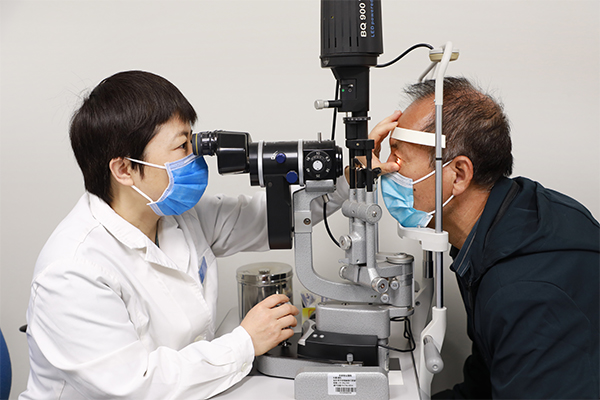


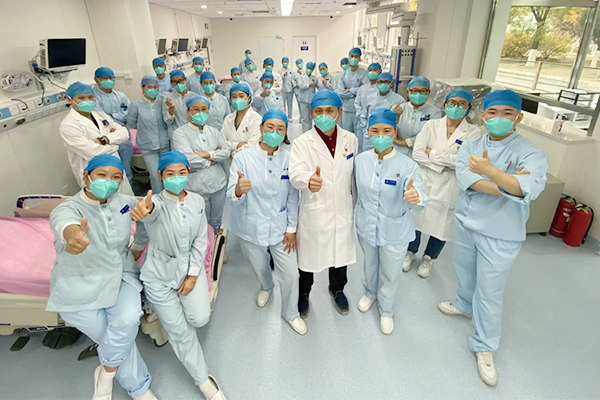
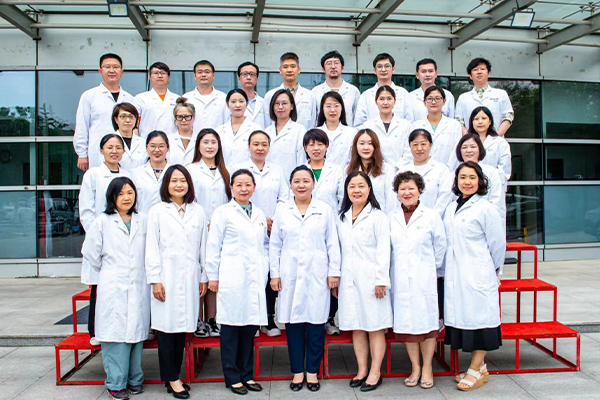
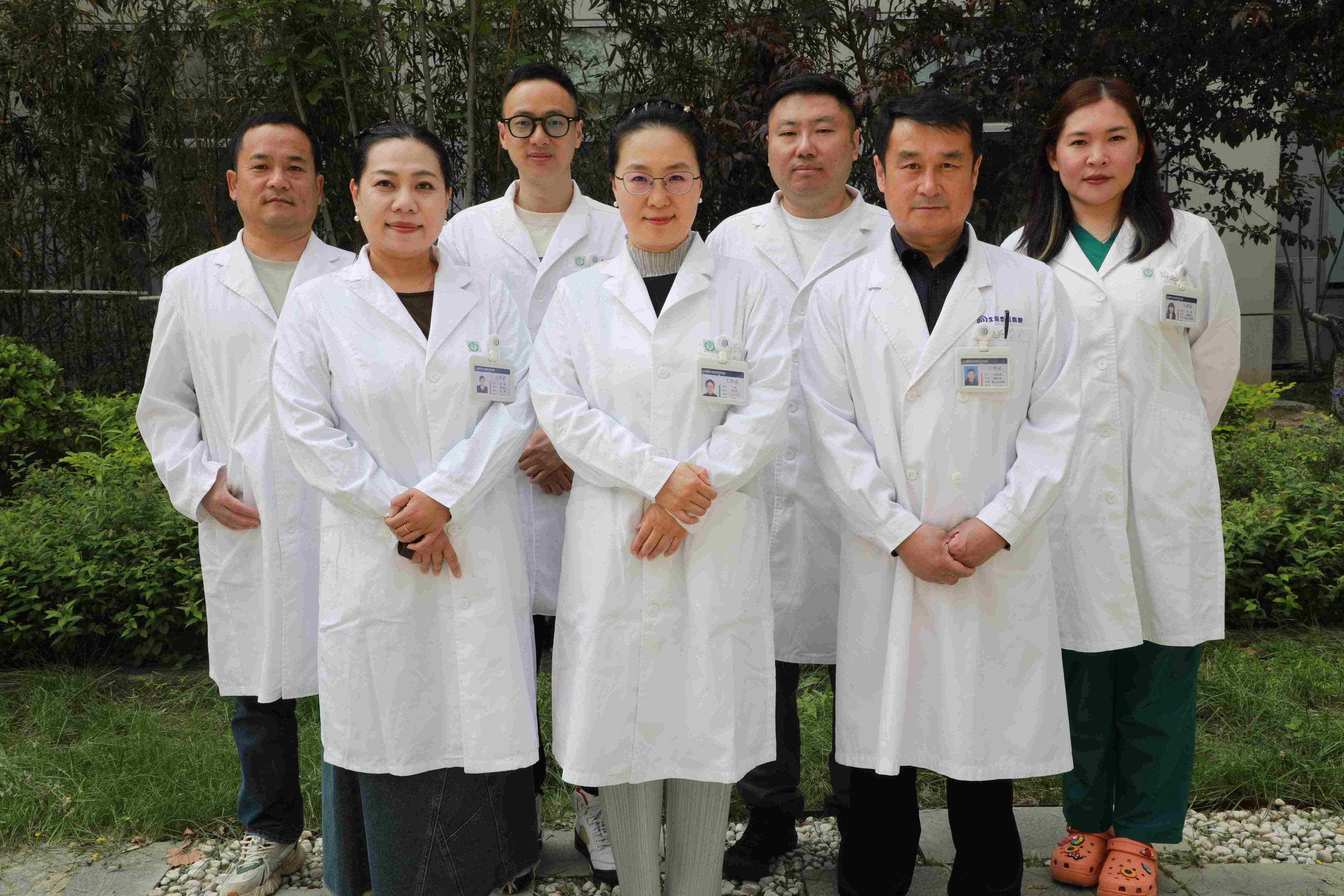
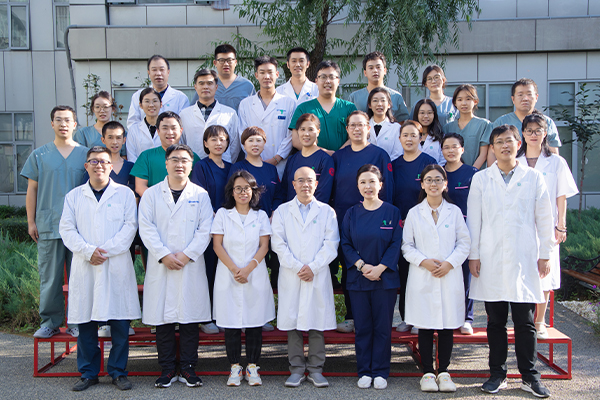
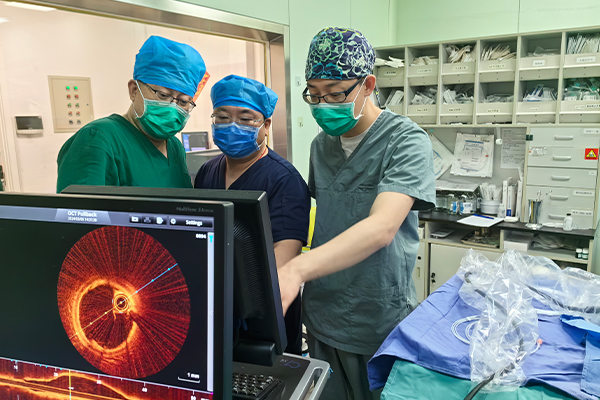
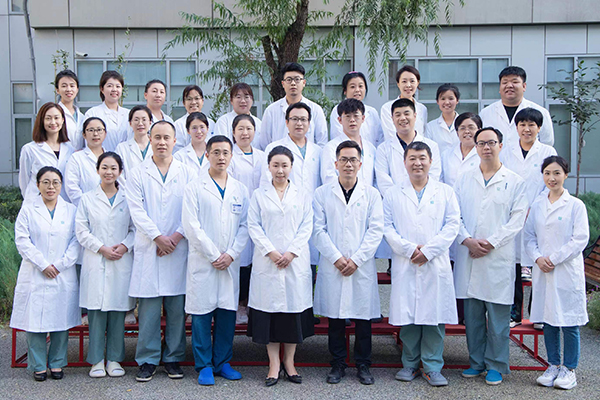
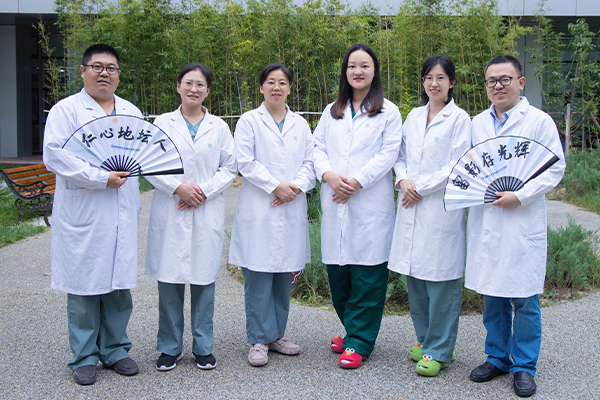
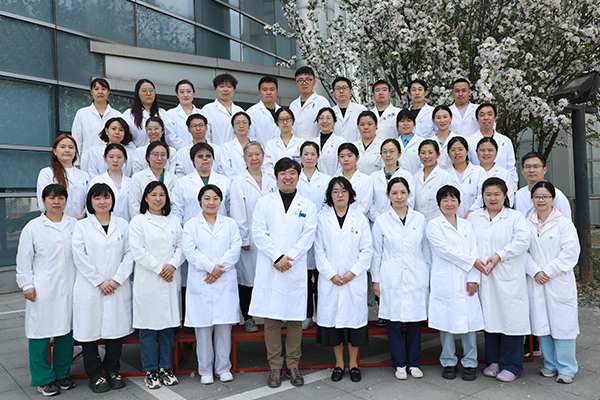

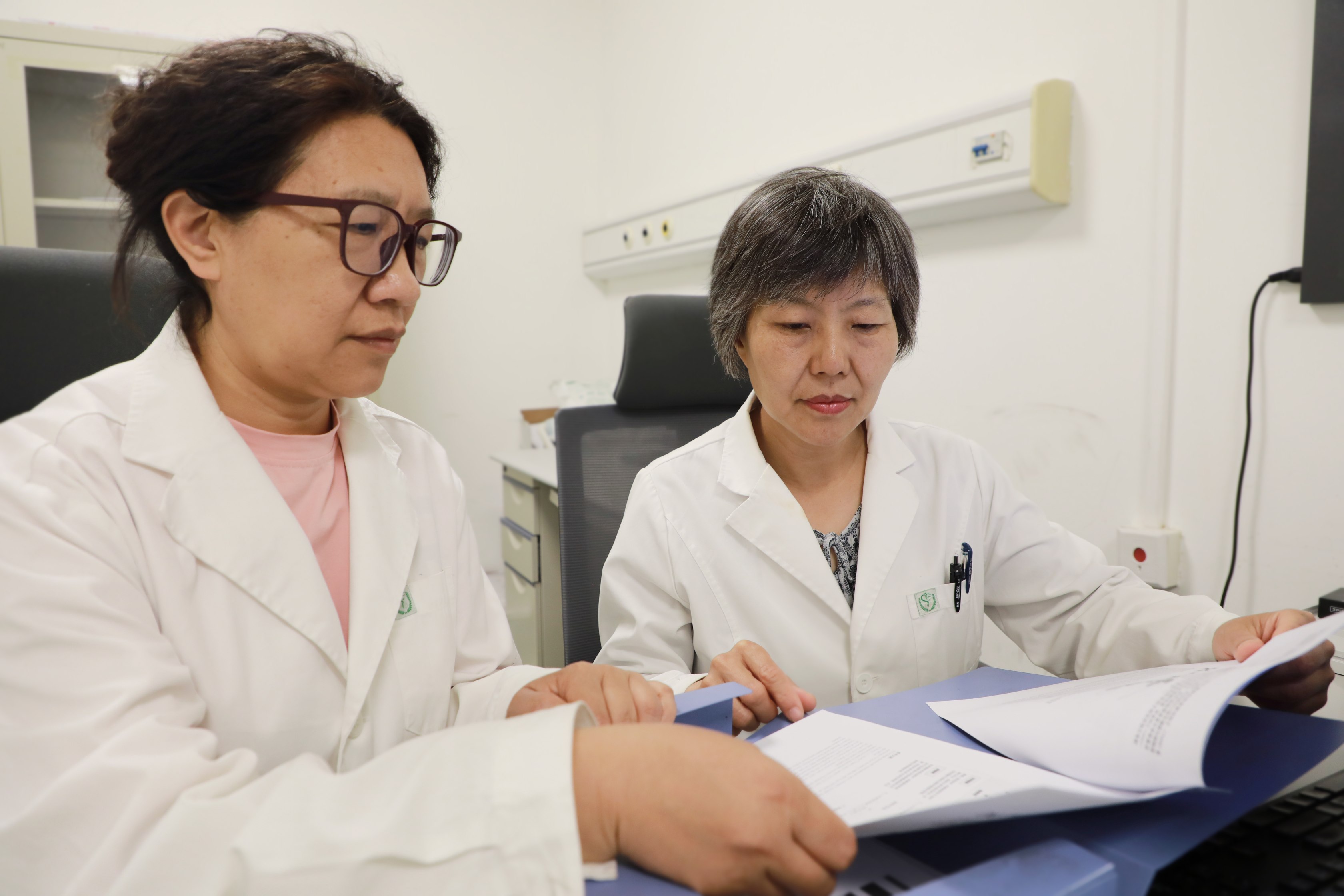
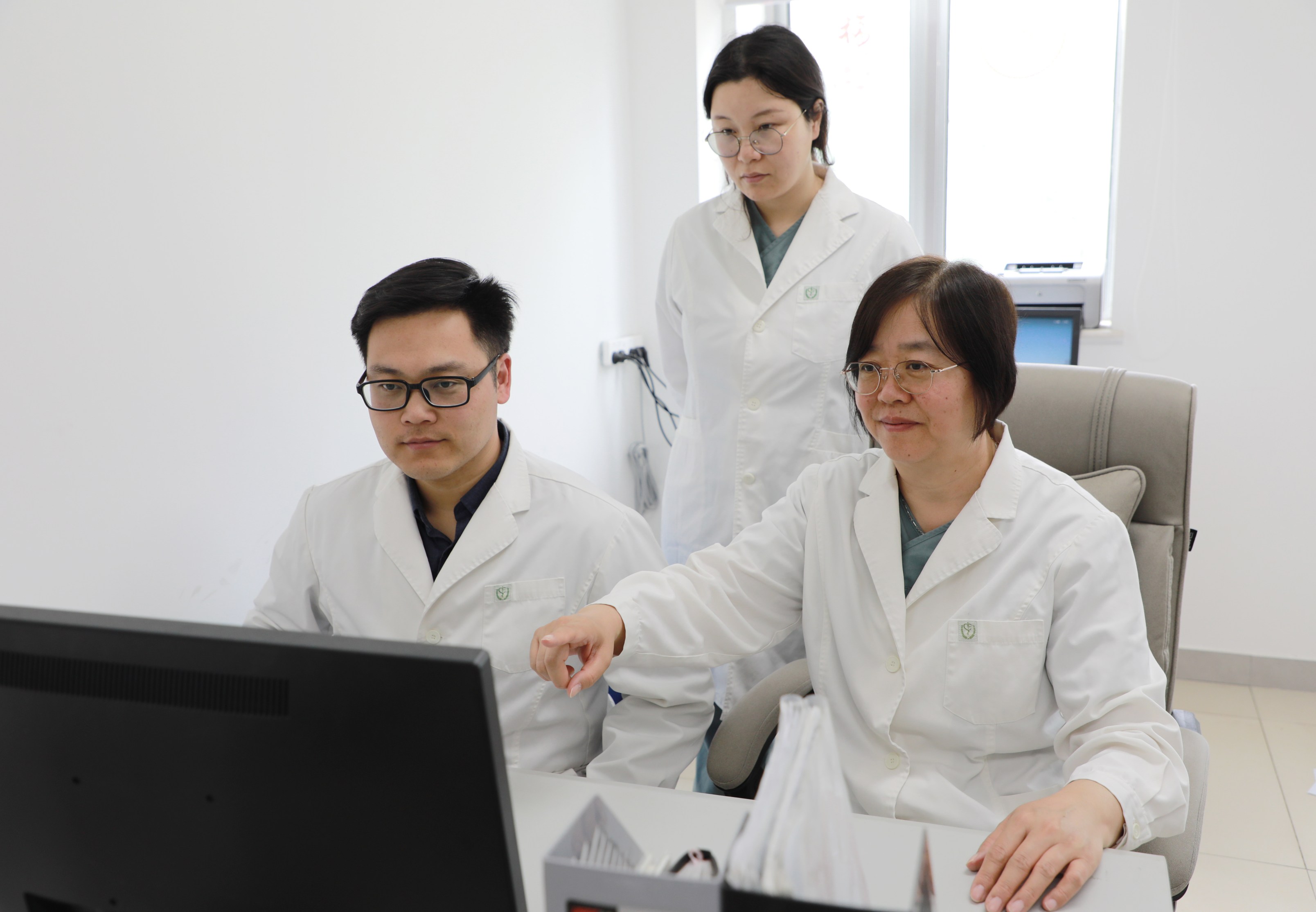


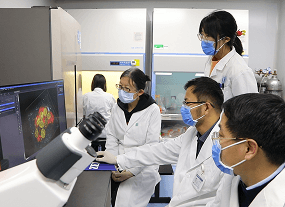
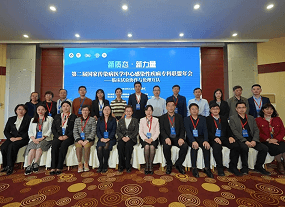
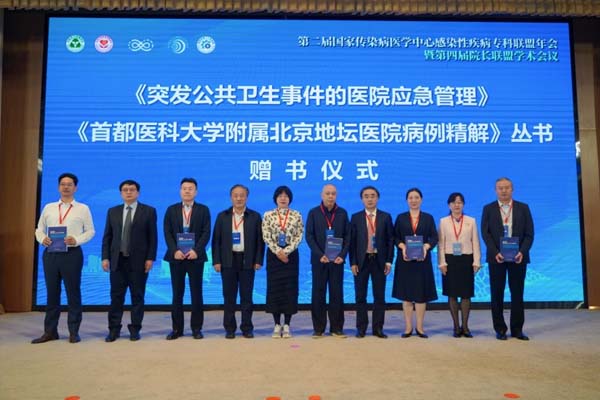



 京公网安备 11010502052111号
京公网安备 11010502052111号